Nolin Philosophy
We work for you.
A cooperative is an organization owned by the members using its facilities or services for their benefit. That’s why at Nolin RECC we consider you a member and an owner, too. You and your neighbors, the more than 35,000 other member-owners of Nolin RECC, share the responsibility of steering the cooperative. You select the board of directors and have input on important issues facing the cooperative. Through your opinions, your feedback and your votes, you help lead the cooperative through a changing utility environment day-by-day. When Nolin RECC was formed in 1938, it was one of Kentucky’s first cooperatives. An active and passionate membership helped the cooperative bring the luxury of electrification to our rural population. We’re proud of that history, but electrification is only one part of the ever-growing scope of cooperative services. We’re not only your energy provider, we’re a neighbor who grows with you. We hope you will take advantage of the many services we provide, and we hope that you will take a few moments to be involved and let us know what you think of Nolin RECC
The Touchstone Energy Values
Integrity
Accountability
Innovation
Commitment to Community
Co-op Principles
The 7 Cooperative Principles
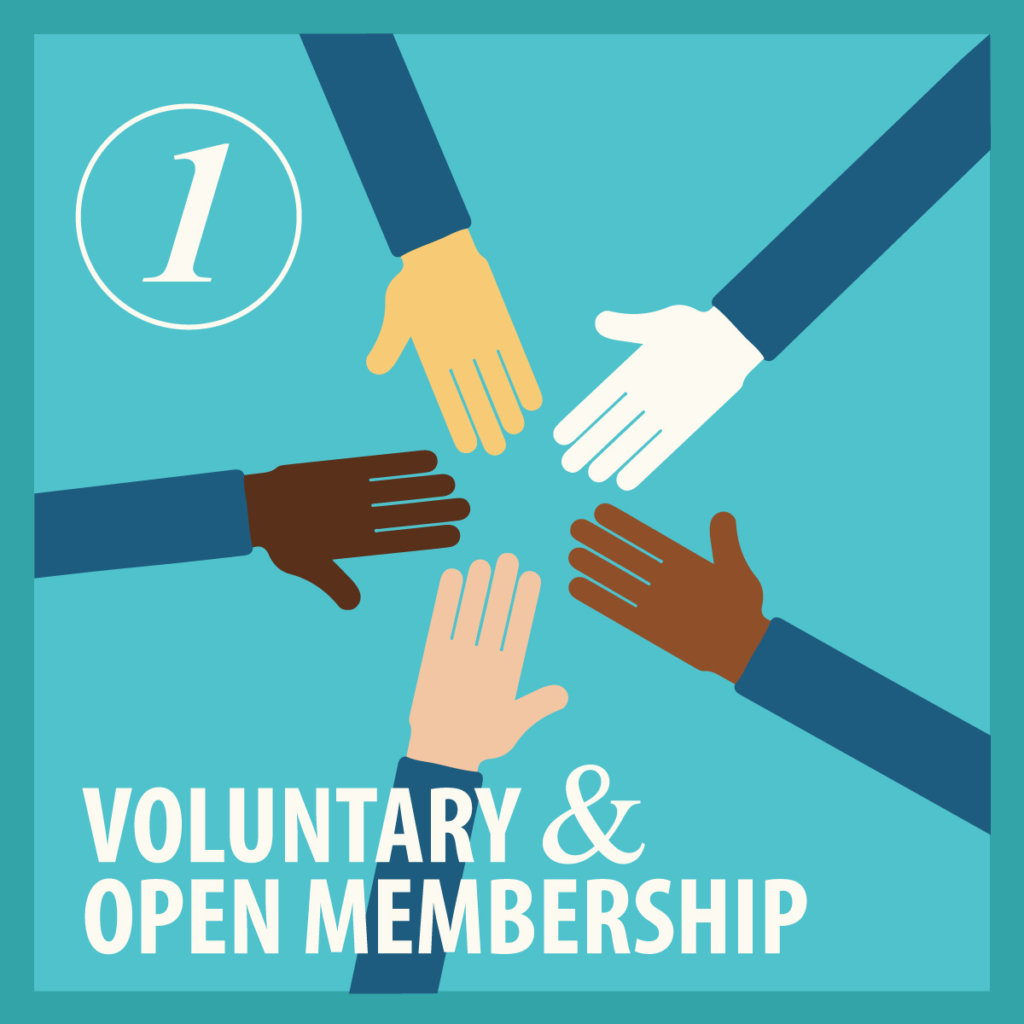
Cooperatives are voluntary organizations, open to all persons able to use their services and willing to accept the responsibilities of membership, without gender, social, racial, political, or religious discrimination.
Cooperatives are democratic organizations controlled by their members, who actively participate in setting their policies and making decisions. Men and women serving as elected representatives are accountable to the membership. In primary cooperatives, members have equal voting rights – one member, one vote – and cooperatives at other levels are organized in this manner.
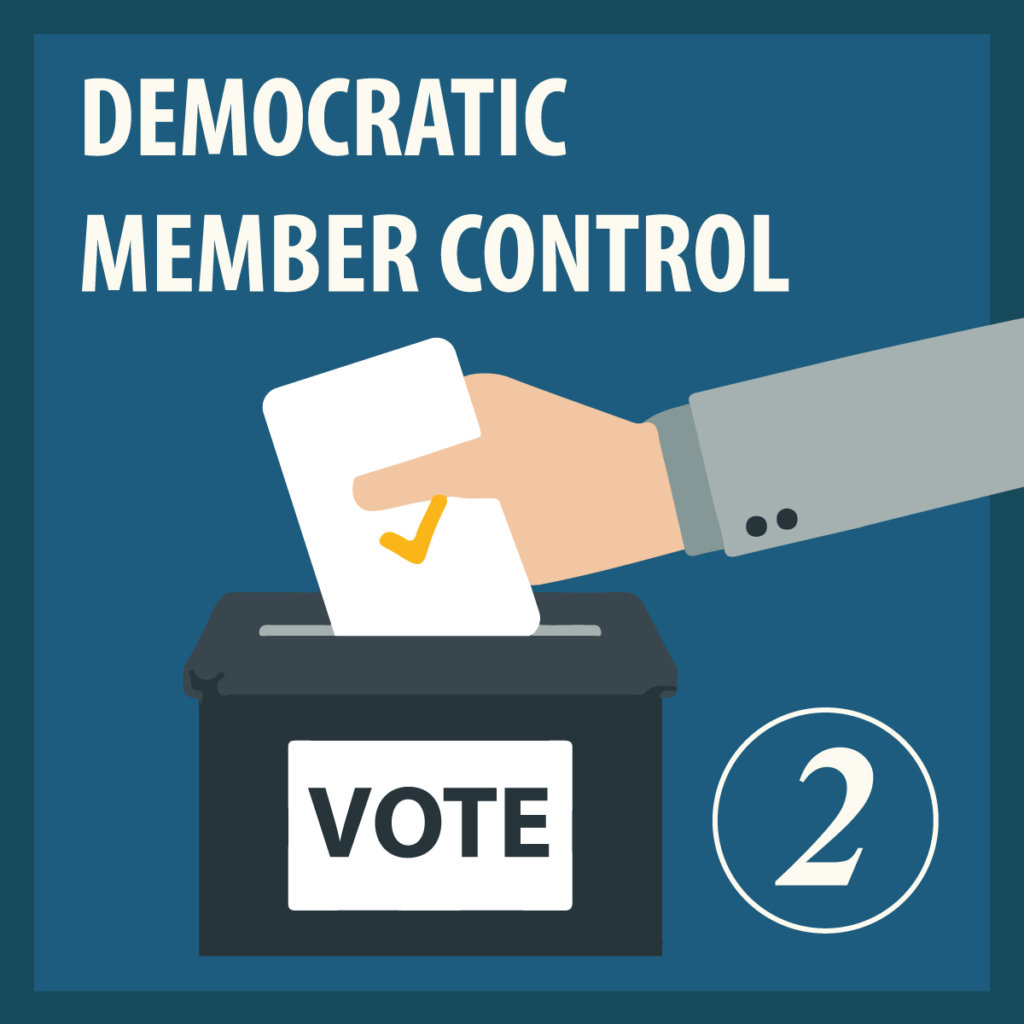
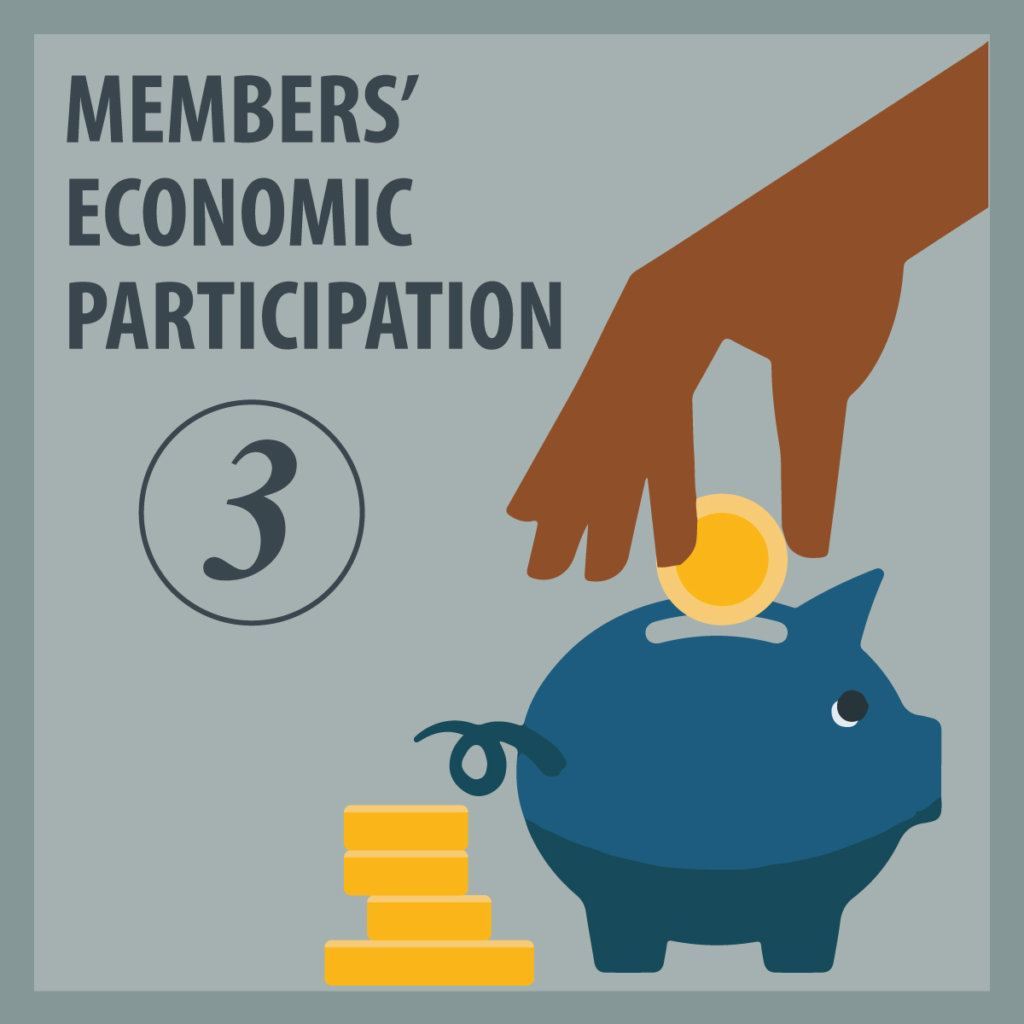
Members contribute equally to, and democratically control, the capital of their cooperative. At least part of that capital is usually for the common property of the cooperative. They usually receive limited compensation, if any, on capital subscribed as a condition of membership. Members allocate surpluses for any or all of the following purposes: developing the cooperative, possibly by setting up reserves, part of which at least would be indivisible; benefiting members in proportion to their transactions with the cooperative; and supporting other activities approved by membership.
Cooperatives are autonomous, self-help organizations controlled by their members. If they enter into agreements with other organizations, including governments, or raise capital from external sources, they do so on terms that ensure democratic control by their members and maintain their cooperative autonomy.
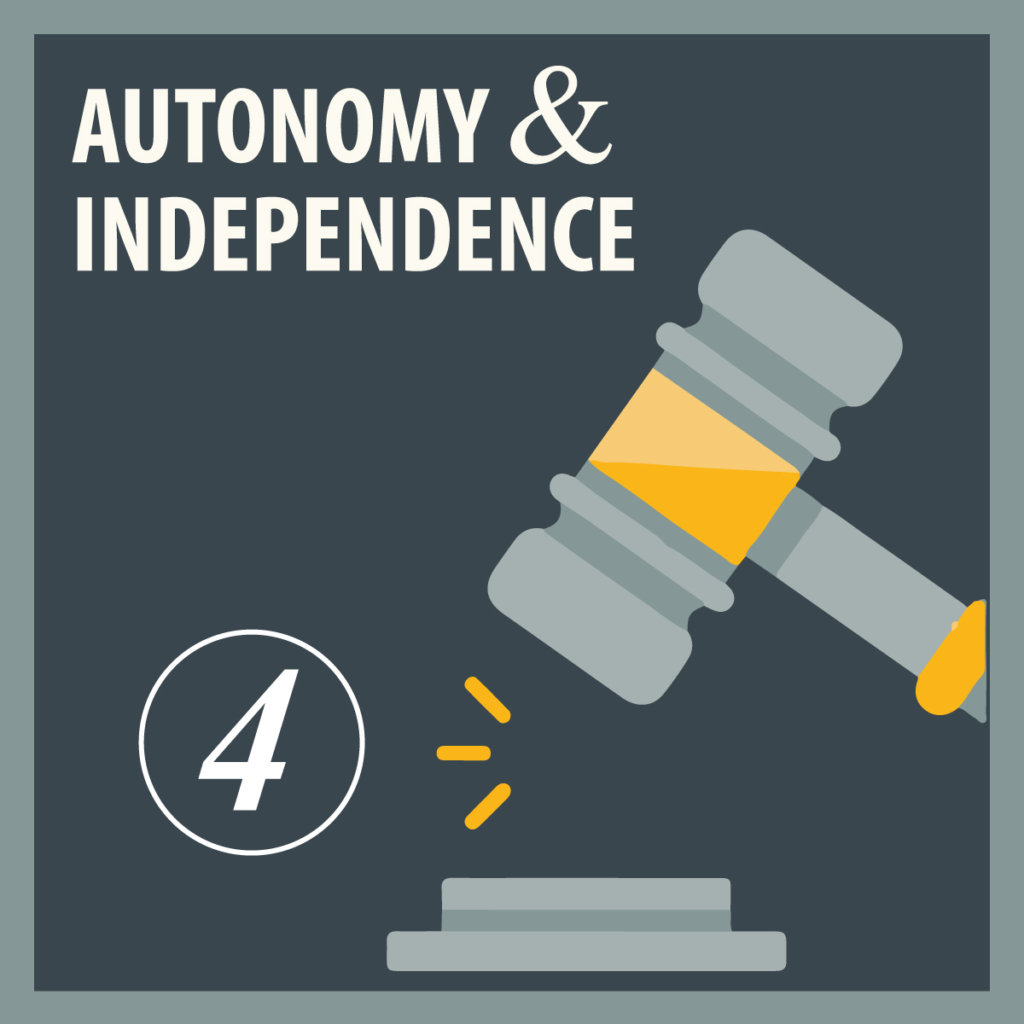

Cooperatives provide education and training for their members, elected representatives, managers and employees so they can contribute effectively to the development of their cooperatives. They inform the general public – particularly young people and opinion leaders – about the nature and benefits of cooperation.
Cooperatives serve their members most effectively and strengthen the cooperative movement by working together through local, national, regional, and international structures.
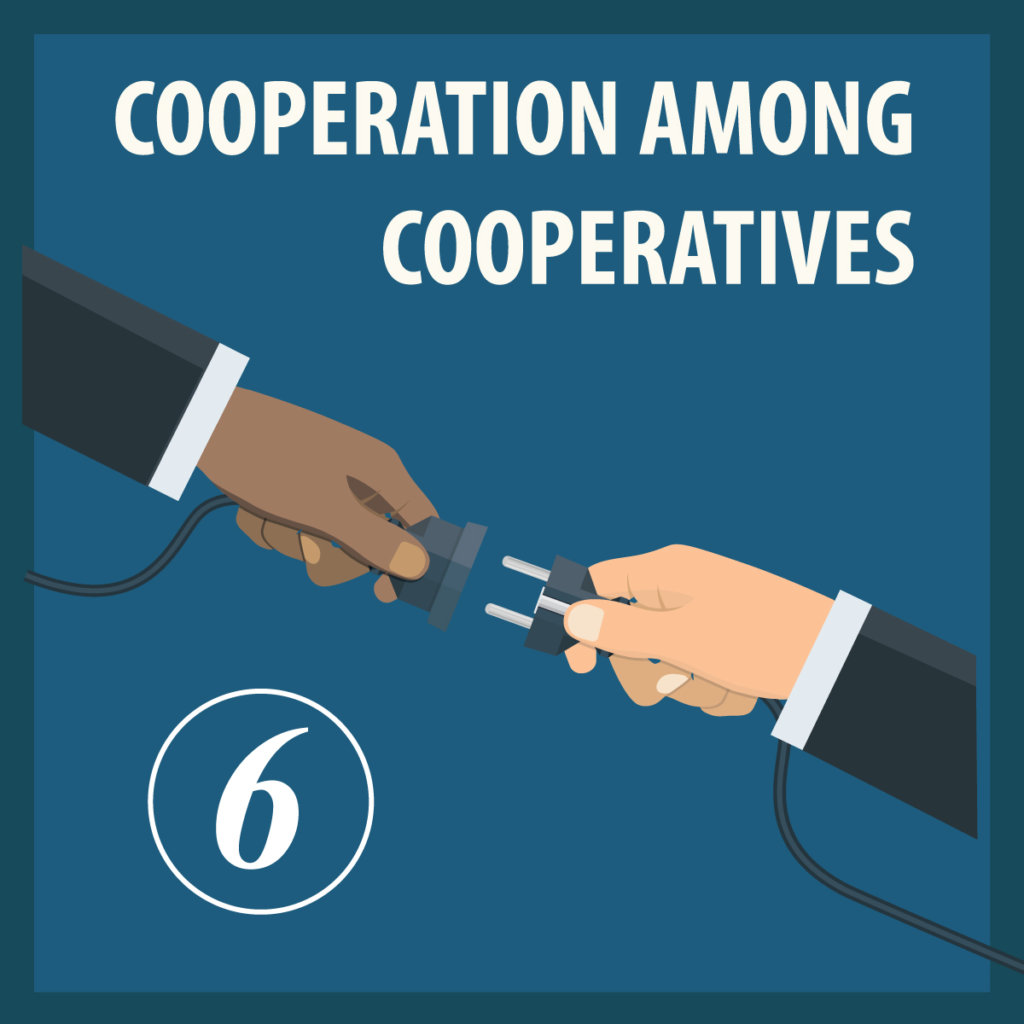
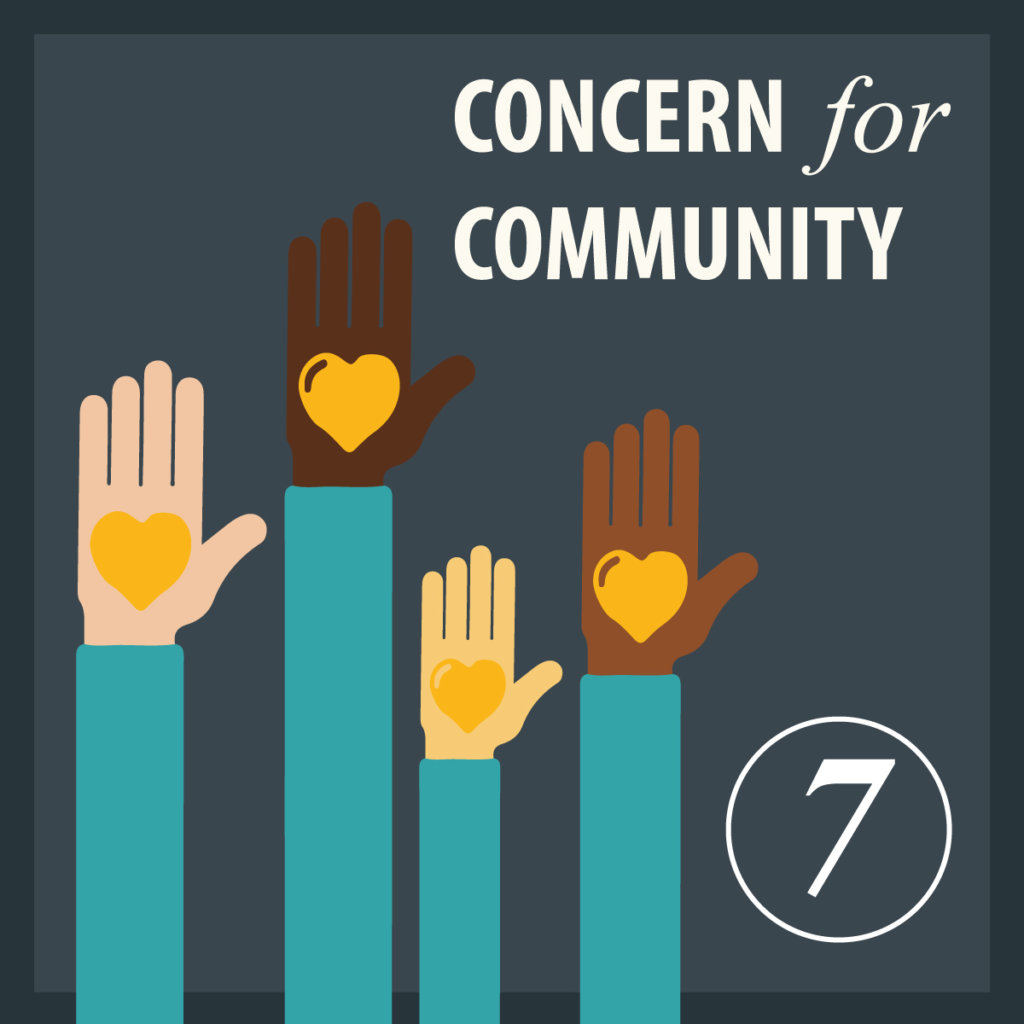
While focusing on member needs, cooperatives work for their sustainable development of their communities through policies accepted by their members.

Nolin employees are doing our part to keep recyclables out of the landfill.
Check out our YEARLY on-site recycling numbers:
